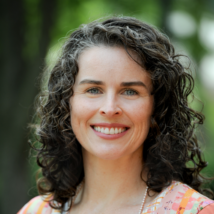
Lindsey Konkel Neabore likes to write stories about the environment and health for Science News for Students. She has degrees in biology and journalism. She has three cats, Misty, Trumpet and Charlotte, and one dog, Lucky.

All Stories by Lindsey Konkel Neabore
-
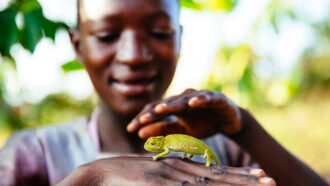 Animals
AnimalsStudy finds big drop in animal populations since 1970
But the same thing is not happening throughout the kingdom. For instance, more than half of vertebrate populations are stable or increasing.
-
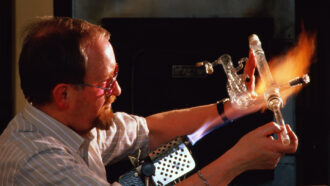 Materials Science
Materials ScienceCool Jobs: Scientific glassblowers shape science
Glass has played a major role in research for centuries. Today’s artisans work at the forefront of discovery.
-
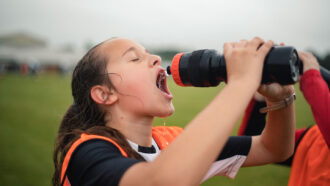 Chemistry
ChemistryReusable plastic bottles release hundreds of pollutants into water
Data show the plastic ends up tainting drinking water. For now, scientists don’t know what health risks downing these pollutants might pose.
-
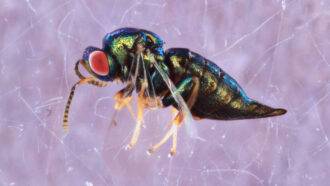 Animals
AnimalsSurprise! Sixteen tiny wasp species found masquerading as one
Scientists used new and old tools to overturn 160-year-old ideas about this wasp. They show you can’t tell a wasp by its looks.
-
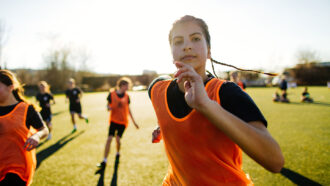 Health & Medicine
Health & MedicineStrongest bones come from Goldilocks recipe of exercise and rest
Building strong bones for life depends on adolescents staying active and getting enough sleep. Sometimes a lot of sleep, like 11 hours!
-
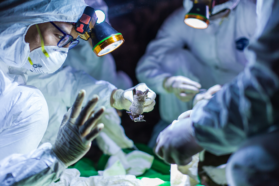 Health & Medicine
Health & MedicineHow to find the next pandemic virus before it finds us
Wild animals carry viruses that can sicken people. Monitoring those viral hosts that pose the greatest risk might help prevent a new pandemic.
-
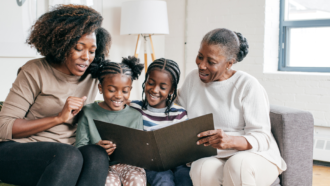 Environment
EnvironmentDecades-long project is linking our health to the environment
Started in 1959, this California study is one of the oldest ongoing research projects in the world.
-
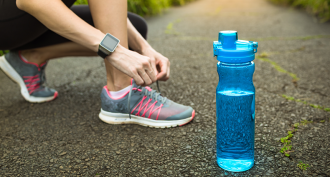 Health & Medicine
Health & MedicineStudy links chemicals in ‘BPA-free’ plastics to obesity in kids
Scientists have linked exposure to chemicals found in BPA-free plastics and cans with obesity in kids and teens.
-
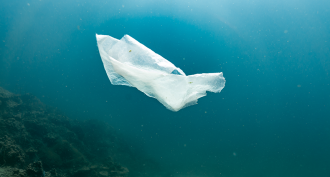 Environment
Environment‘Biodegradable’ plastic bags often don’t break down
Biodegradable plastic bags are supposed to break down more quickly than ordinary plastics. But that may not happen, a study finds.
-
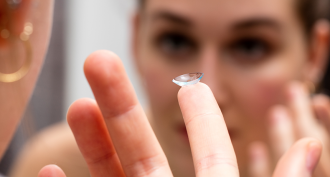 Environment
EnvironmentDon’t flush your contact lenses
One in five people who wear contact lenses flush their used eyewear down the sink or toilet. That plastic pollutes the environment and can harm wildlife.
-
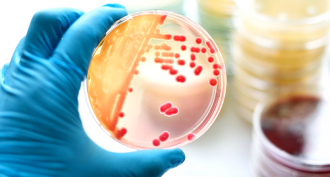 Microbes
MicrobesBacteria are all around us — and that’s okay
Scientists may have identified less than one percent of all bacteria on Earth. But there’s a reason to keep up the hunt. These microbes could help us understand and protect our planet.
-
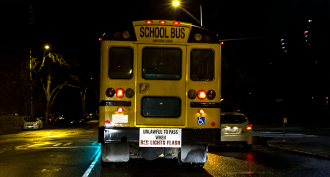 Health & Medicine
Health & MedicineStudy links weight to when the school bell rings
Teens and preteens who started school earlier in the morning were slightly heavier than those who started later, in a large study of Canadian students.